Honor Our Voices
by the Asian American staff members of ProInspire (Namira Anani, Monisha Kapila, Camille De La Rosa, Neriel David Ponce, and Monica Biswas)
June 6, 2023
As AANHPI Heritage Month came to a close last week, the Asian American staff members of ProInspire are honoring our voices by sharing our stories, disrupting white supremacist narratives, and taking up space. The model minority myth has no place here. Our vast diasporas struggle to be contained by acronyms. In this co-created blog, the South Asian and Southeast Asian staff members of ProInspire–with Bengali, Punjabi, and Filipino backgrounds respectively–share how we each honor our voices, both personally and professionally and through our cultural and ancestral wisdom. Beyond a heritage month, we strive to honor our voices year-round.
What does it look like to honor your voice as an Asian American leader, and more specifically, as a Southeast or South Asian leader? How does ProInspire support your ability to honor your voice?
My identities invite nuance and I use my voice to ask others to notice, appreciate, and celebrate the richness of not just my existence, but that of all of the different communities I am a a part of.”
Namira Anani, Director
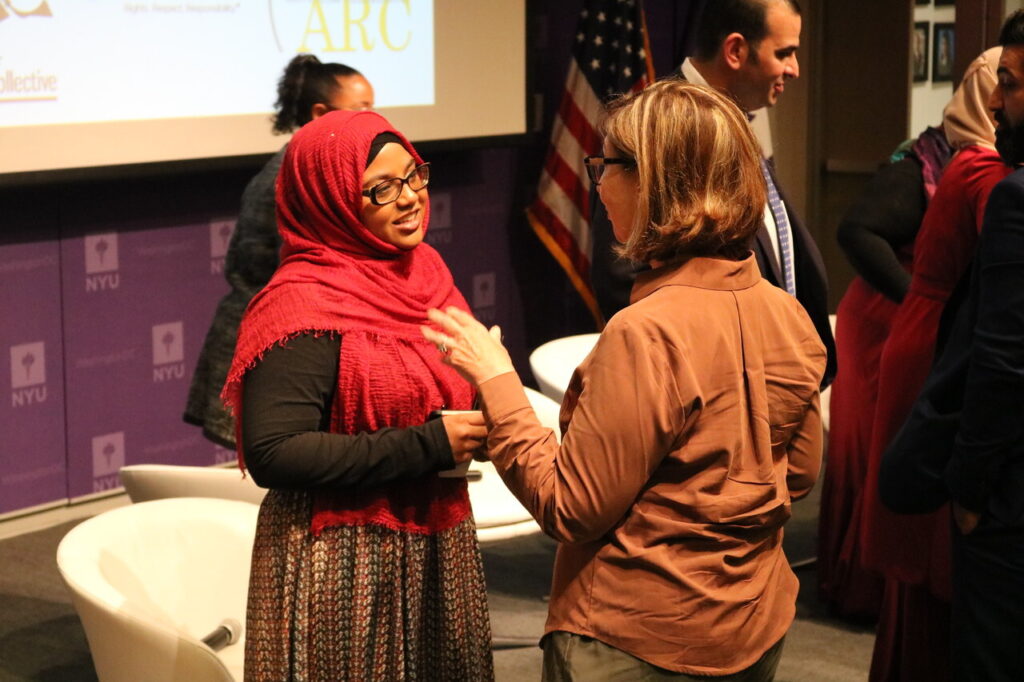
Honoring my voice as a South Asian Muslim means seeing speaking, writing, designing, and otherwise creating boldly as a political act. Speaking truth to power is a Prophetic act. Naming my experiences disrupts the model minority myth, pushes against a world that wants to flatten and stereotype each of my identities, and uplifts one story of someone who sits at the intersection of many different identities. I have not released my claim on “Asian,” “Muslim,” “South Asian,” “American,” or “Bengali,” despite pressures to pick one or engage in either/or thinking around who I am. My identities invite nuance and I use my voice to ask others to notice, appreciate, and celebrate the richness of not just my existence, but that of all of the different communities I am a a part of.
ProInspire has been so great in creating space for appreciating and diving into intersectionality and an intersectional approach to exploring our identities. We get to introduce ourselves with all of the different identities I hold and we name how there are so many different aspects of identity that make individuals who they are.
Share your favorite cultural and/or ancestral practice or wisdom you’ve picked up from friends or family.
I am Bengali and Muslim, and as an adult, I am now recognizing certain hobbies and behaviors of my elders and ancestors as resiliency practices. My Nanu (my maternal grandmother) practiced yoga, prayed and called on the names of God constantly, stayed hydrated with ice cold water every day, and maintained skincare routines. These practices all require you to pause what you’re doing, slow down, breathe, and focus on nourishing yourself.
Monisha Kapila, Founder & co-CEO
When people ask about why I founded ProInspire, I talk about my childhood growing up as a first generation immigrant, and the values my parents brought from India and taught me.”
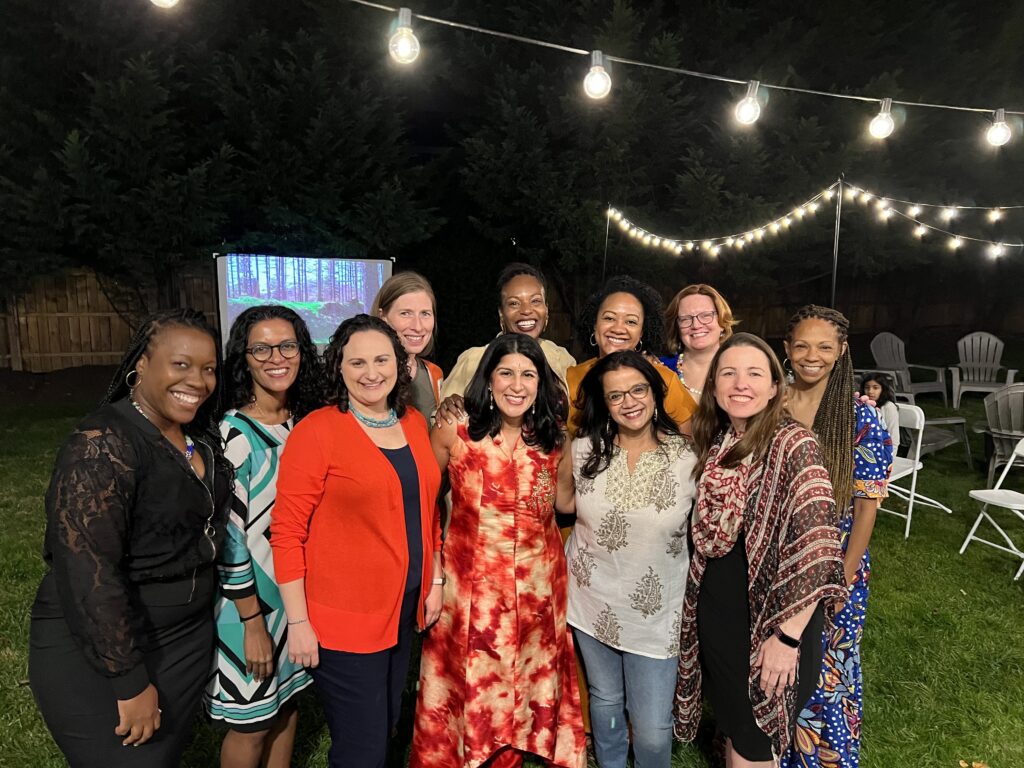
I honor my voice by honoring my history as an Asian American. When people ask about why I founded ProInspire, I talk about my childhood growing up as a first generation immigrant, and the values my parents brought from India and taught me.
ProInspire supports me to honor my voice by creating an environment where we can bring our full selves to work. I love sharing my culture and was able to host a Diwali party last year for current and former team members. It was so beautiful to have ProInspire folks young and old (including kids) gather together!
Share your favorite cultural and/or ancestral practice or wisdom you’ve picked up from friends or family.
My family is Punjabi (from the state of Punjab in India) and we are big dancers. I learned Bhangra, Bollywood, and Bharatnatyam dancing growing up and maintain those cultural practices. Bhangra is very free form and I think everyone should try it. I have even taught Bhangra dance moves in some of our ProInspire trainings!
Camille De La Rosa, Communications & Engagement Manager
Honoring my voice also looks like channeling my creativity to amplify stories of the global majority and cultivating a world where leaders of color, like myself, can thrive on our own terms.”
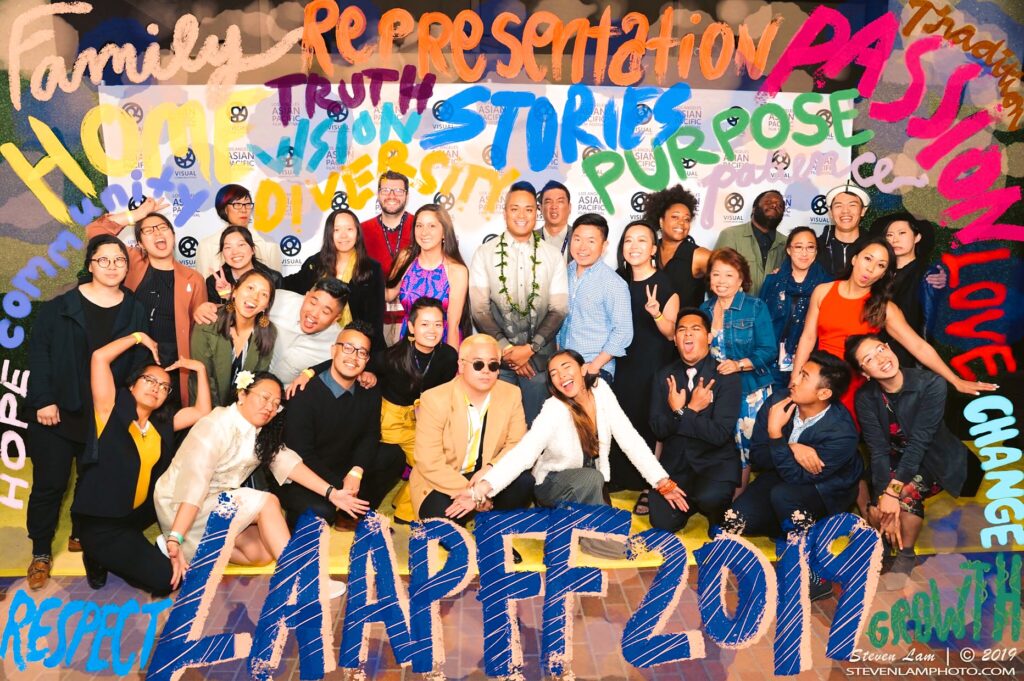
Honoring my voice as a Filipino American leader means continuously crafting the pieces of my own [hi]story, while also thinking about how I can expand the possibilities for the Filipino diaspora. My voice is grounded in the foundation of my immigrant parents’ dreams, stands on the shoulders of the manongs who first settled in Little Manilas across America, and soars far beyond everyone’s expectations. Honoring my voice also looks like channeling my creativity to amplify stories of the global majority and cultivating a world where leaders of color, like myself, can thrive on our own terms.
One way ProInspire supports my ability to honor my voice by providing an AAPI affinity space where we meet on a monthly basis. We check-in and discuss various topics on our hearts and minds–from reacting to interesting articles to sharing musings around our respective motherlands. I’m also surrounded by supportive colleagues, especially our communications team, who have found ways to merge my digital illustration talents with our programs and projects. Following my participation in the September 2022 PLI training, I was inspired to create a graphic visualization that we’ve since integrated in our PLI promotions and our Howspace (the online collaboration tool we use to host our trainings).
Share your favorite cultural and/or ancestral practice or wisdom you’ve picked up from friends or family.
During one of my visits to the Philippines in 2017, I stayed with a dear Tita (aunt) of mine who first introduced me to grounding, which is defined as “direct skin contact with the surface of the Earth, such as with bare feet or hands, or with various grounding systems” by the NIH. To combat jet lag, she insisted we head outside in the middle of the afternoon, take off our shoes, and stroll through the grass together. I still remember the sensation of the blades of grass tickling my feet.
I wonder how many times my ancestors must have done this, walking barefoot through their lands–long before grounding had a name. I know this practice isn’t solely a Filipino one. It feels far more universal. My first time grounding was such a powerful experience that I’ve since incorporated it into my weekly routine, especially when I’m feeling disjointed and disconnected from my environment.
Neriel David Ponce, Strategist
In moments when I feel small or shy to speak my mind, I lean on them to speak my truth courageously and unapologetically.”
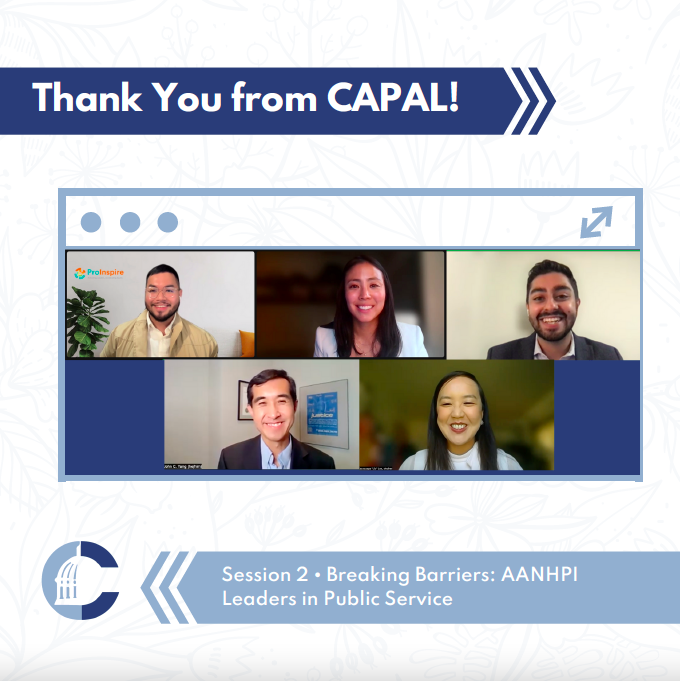
I honor my voice by remembering my mentors and movement leaders before me who have helped pave the road and expanded access to spaces previously not welcome for us. In moments when I feel small or shy to speak my mind, I lean on them to speak my truth courageously and unapologetically.
When I first started at ProInspire, I was asked to speak on a panel with other Asian American leaders in the social sector. It felt powerful to see myself on that panel with them, and humbling to be able to storytell and learn from each other’s experiences. This was definitely a work highlight at ProInspire, especially at such an early tenure here!
Share your favorite cultural and/or ancestral practice or wisdom you’ve picked up from friends or family.
I love to eat and I love to cook. I feel like children of immigrants can all relate when I say that food speaks volumes in the ways our families have not had the language to express love, gratitude, or an apology. To be able to cook Filipino food, in the traditions of both sides of my family and with my own twist, feels like an incredible way to honor traditions and carve out my own legacy for my own future generations. Right now, my favorite dish to cook has been a sour-sweet-spicy Siningang na salmon, with coconut rice on the side.
Monica Biswas, Director
Share your favorite cultural and/or ancestral practice or wisdom you’ve picked up from friends or family.
…[A]nd I have continued to learn, grow and expand over time. This learning is rooted in the belief that we can never know it all and that we are all interconnected.”
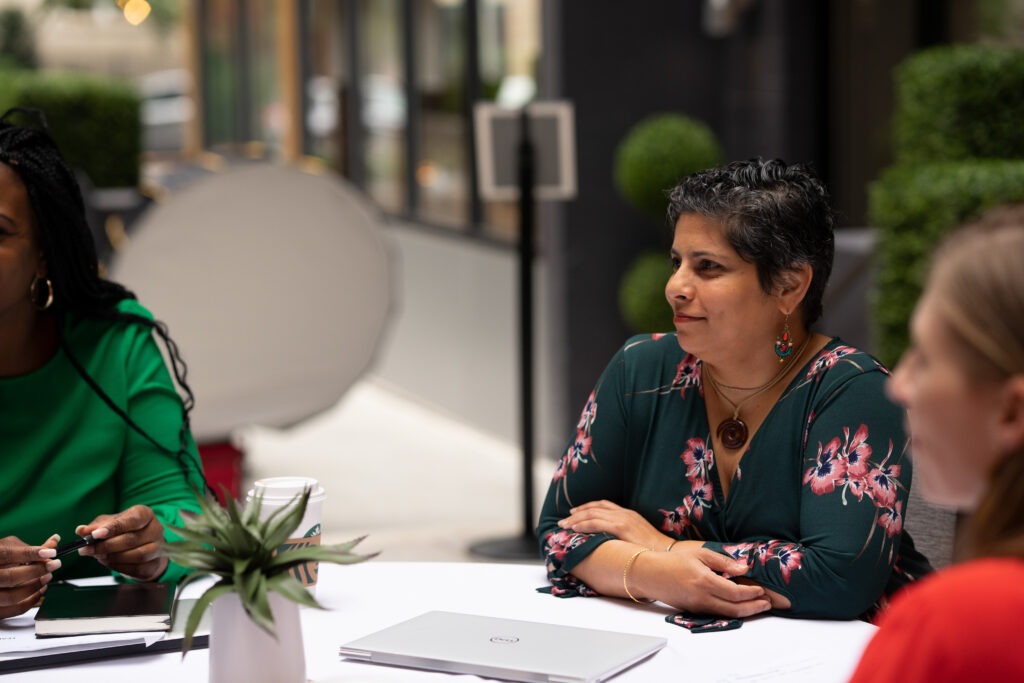
An important spiritual practice that has been passed down to me from my grandparents to my parents to me is that learning never ends. While my maternal grandmother’s formal education ended at grade eight, she was always learning and reading, and connecting with members of her community. My mother and father also had their own ways of following this practice, and I have continued to learn, grow and expand over time. This learning is rooted in the belief that we can never know it all and that we are all interconnected.
There is nuanced power in using the “AANHPI” acronym, and we also acknowledge that within the umbrella, “‘AANHPI’ (Asian American, Native Hawaiian, and Pacific Islanders) encompasses a wide range of countries, ethnicities, nationalities, and identities.” (Program Leaders Working Group). In a microcosmic example, our AAPI affinity space is currently made up of South Asian and Southeast Asian staff members with Bengali, Punjabi, and Filipino backgrounds respectively, and we have no Native Hawaiian or Pacific Islander folks on our team. We’ve also wrestled with the personal and political definitions of the term “Asian American,” and how we, as Asian Americans, share beautiful similarities with our Native Hawaiian and Pacific Islander siblings and hold significant differences, as illustrated in this 2022 U.S. Census Bureau article. We invite and encourage you to dive deeper into the nuances of these vast diasporas and support Asian American, Native Hawaian, and Pacific Islanders beyond a month.
Resources to check out as a starting point:
- Discover why AANHPI Heritage Month is celebrated in May
- Explore the origins of the Third World Liberation Front (TWLF)–multi-ethnic coalitions of student organizations from San Francisco State University and UC Berkeley, formed in the late 1960’s, which gave birth to Asian American Studies and Ethnic Studies programs
- Follow our colleagues over at AAPIP (Asian Americans / Pacific Islanders in Philanthropy)–a justice-minded national philanthropy serving organization that provides unique community spaces for Asian Americans, Native Hawaiians, Pacific Islanders, and allies in philanthropy
- Check out this 2021 Time article on Black and Asian solidarity
- Discover your next favorite read in this Penguin Random House round-up of Historical Fiction by AANHPI authors!
- Tune into Bravespace from The Smithsonian — a compilation of music and sounds created by Asian American women and non-binary artists for meditation and healing (commissioned in 2020)
